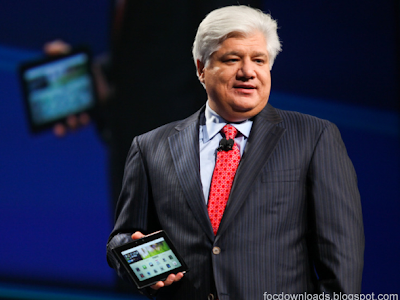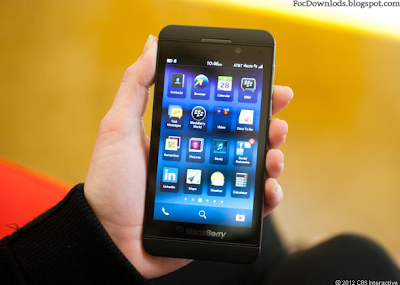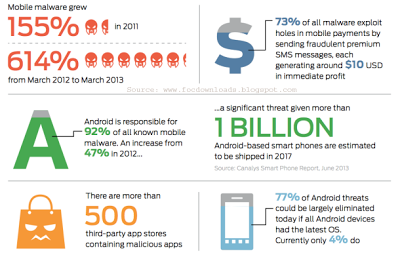Interactive Advertising Bureau CEO Randall Rothenberg called to determine which cookies should be blocked or allowed to "Kangaroo Court Cookie" that hurt small publishers websites.
The Center for Internet and Society at Stanford Law School is working with Mozilla on a project called the Cookie Clearinghouse to try to improve Internet privacy controls.
The
Interactive Advertising Bureau, a group that represents hundreds of Internet advertisers, has attacked Mozilla's involvement in a Stanford Law School privacy project to judge whether individual Web sites can be trusted to set behavior-tracking browser cookies.
The IAB doesn't like the
Cookie Clearninghouse, which Stanford's Center for Internet and Society and Mozilla announced on June 19. The project aims to rate individual to bring privacy ratings for
browser cookies -- the small text files that Web site operators can store on people's computers. Cookies can be useful for remembering that you're logged into a site or for not showing you the same ad over and over, but they can also track behavior across the Web so advertisers see what Web sites you've been visiting.
"The Cookie Clearinghouse will develop and maintain an 'allow list' and 'block list' to help Internet users make privacy choices as they move through the Internet. The Clearinghouse will identify instances where tracking is being conducted without the user's consent, such as by third parties that the user never visited," the project organizers said.
On Tuesday, though, the IAB castigated Mozilla for its involvement, calling the clearinghouse a "
Kangaroo cookie court"
"This is not a clearing house for cookies -. Cookie is a kangaroo court, an arbitrary group to determine who can do business with the replacement of the principle of consumer choice with an arrogant" Mozilla knows better "system" said IAB CEO Randall Rothenberg. involved in the clearing were "not a shred of concern shown by the
publishers, small businesses, and hundreds of thousands of people who depend on Internet advertising as a way of life, "he added.
Mozilla said the IAB can influence policy for sharing information and suggested that strives to help users better understand their members are on the Web.
"The Centre Cookie is an open project managed by the Stanford Center for Internet and Society, and there is sufficient time for interested parties to participate in the formation of its recommendations sides," Mozilla said in a statement. "We hope that groups IAB and other advertising industry will work with us to make the process of online advertising more transparent and responsive to Internet users."
The IAB attack is the latest in a long series of disputes over how to balance privacy and tracking users. Much work has taken place in recent months discussing a project called Do Not Track technology standards in a World Wide Web Consortium called the
Working Group on tracking protection group. This effort, however, was a rebel and did not reach a consensus.
 |
| Interactive Advertising Bureau CEO Randall Rothenberg |
The letter IAB positions the conflict as a fight of David against Goliath. "Small publishers, retailers and other businesses" play the role of David, Mozilla, "a powerful technology company" and "the non-profit non-profit organization whose Firefox control 20 percent of the browser access to the world Web "is Goliath.
It should be noted, however, that the IAB is a lot of Goliath, like Google, Yahoo, eBay, Amazon, Nascar and CBS. And in the world of browsers, Google, Microsoft and Apple are much better funded than Mozilla.
The current dispute concerns cookies "third party" in particular. Cookies record information party Internet Web site the browser is visiting address, but other parts of a web site - a service of placing ads, for example - can configure third-party cookies to locations network. It allows advertisers to track user behavior across multiple sites.
The Safari browser blocks cookies and apple cookies from advertisers by default. Mozilla has proposed a similar ban third cookies, also, a move that raised hackles of the IAB. But Mozilla has decided to put the patch on hold because of two weaknesses, according to Mozilla CTO Brendan Eich: false positives in which domain cookies first game seem to others, and false negative places first part may place cookies undesirable.
The study author, Jonathan Mayer,
opposed the decision to Mozilla to third cookie blocking waiting, arguing that Mozilla put "economics of advertising" to "privacy user required a long time. "
But
Eich dryly, "Users who want privacy are complementary really hardcore, but few users, and do not believe in the paternalistic idea that we know better." He added: "No one will have undue influence As proof of this, here's how you and the people of ad-tech (IAB) are both angry against us right now.".







